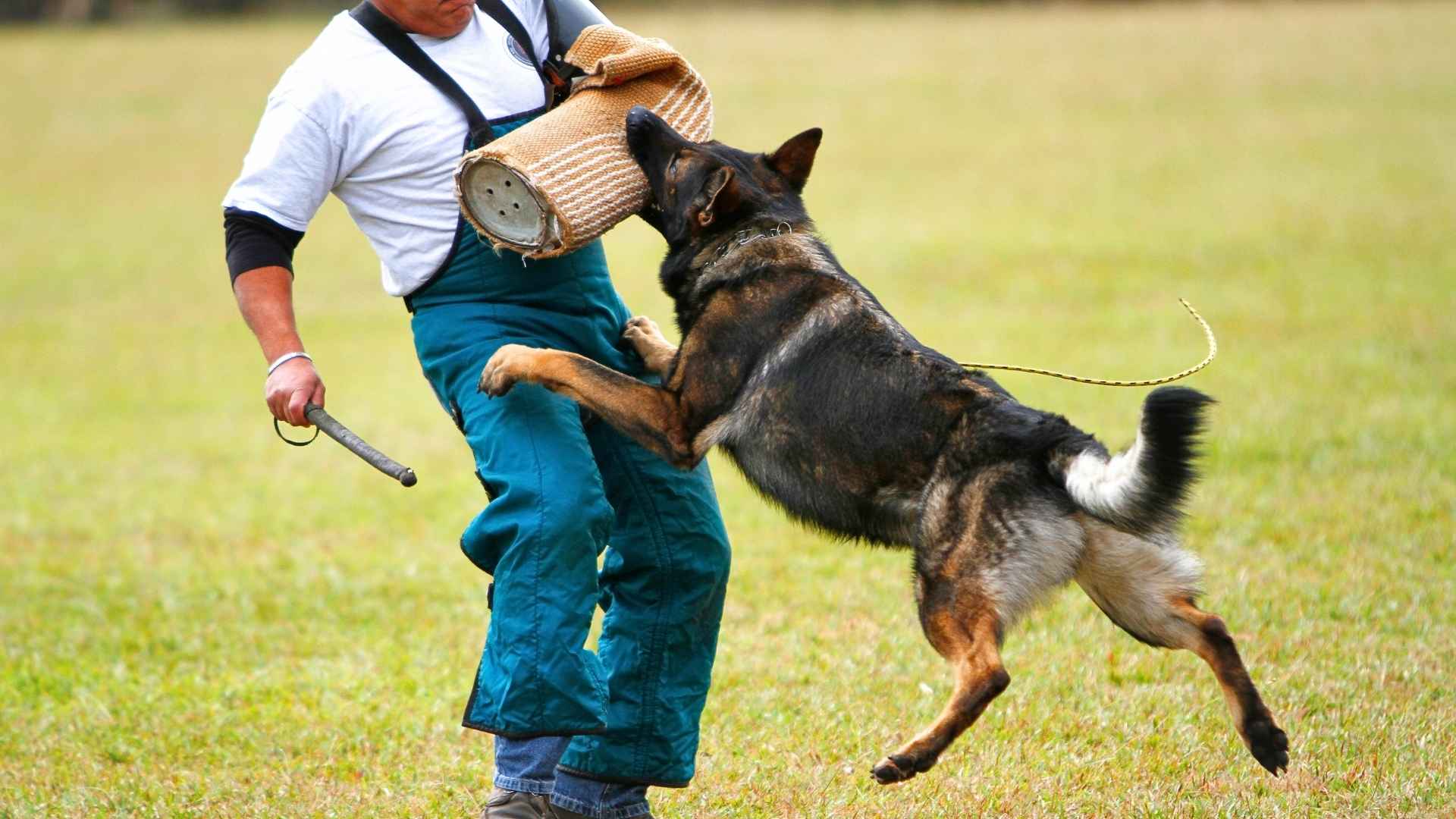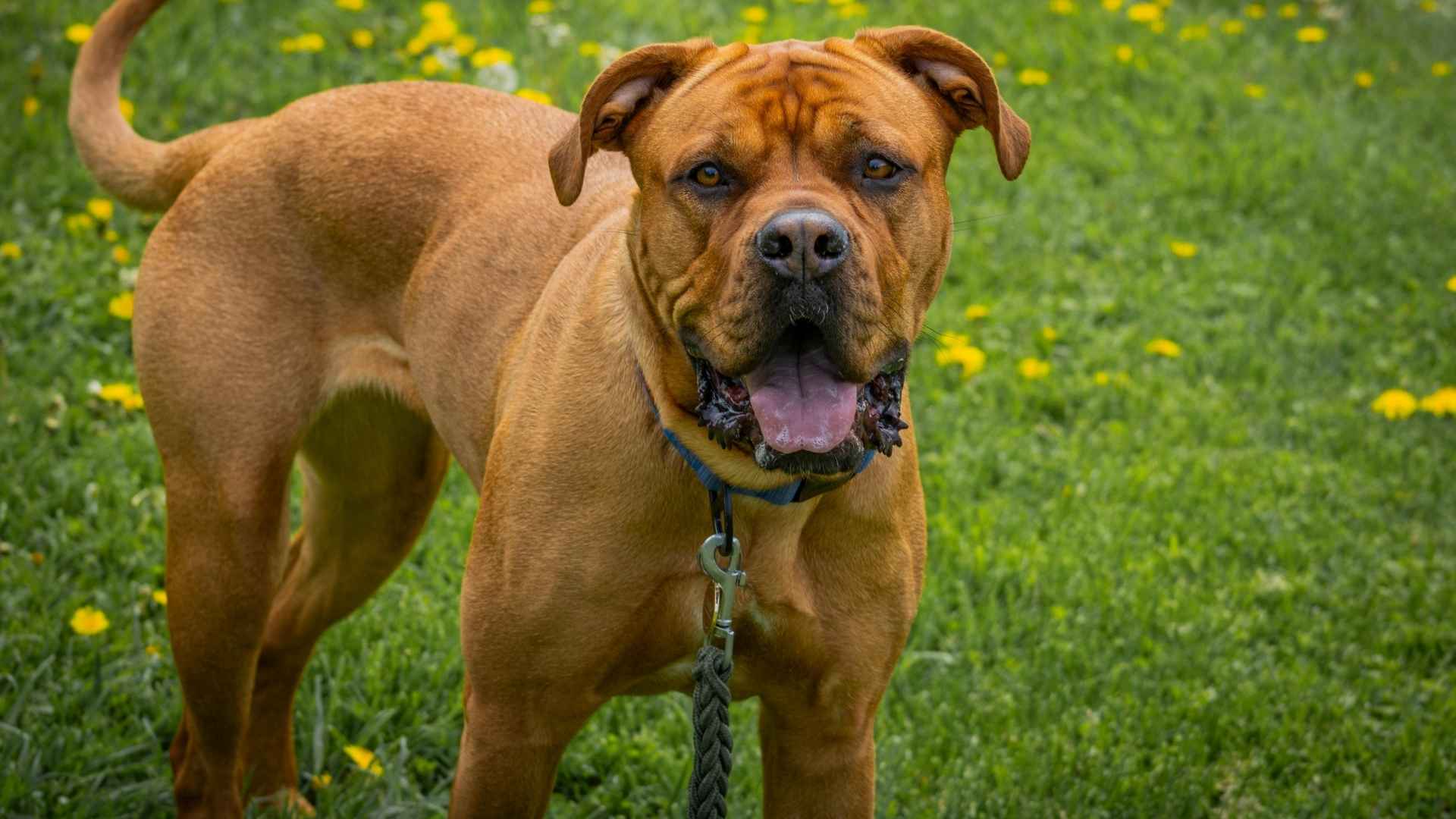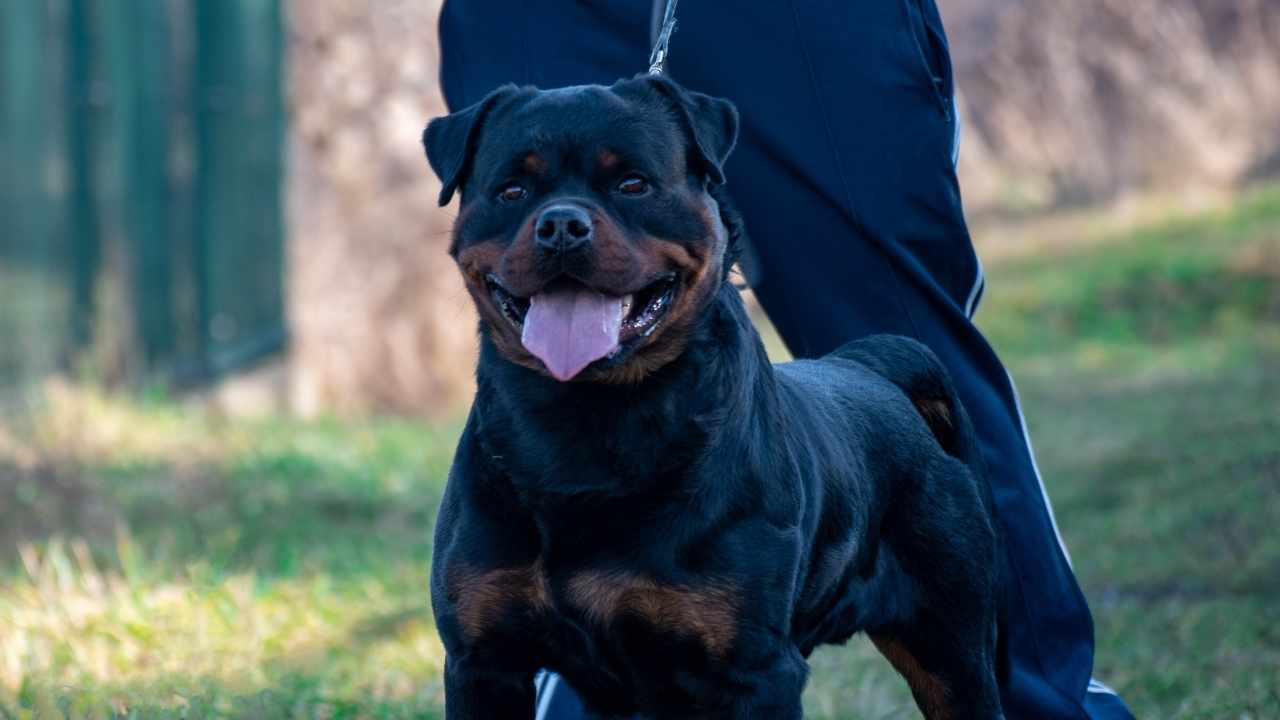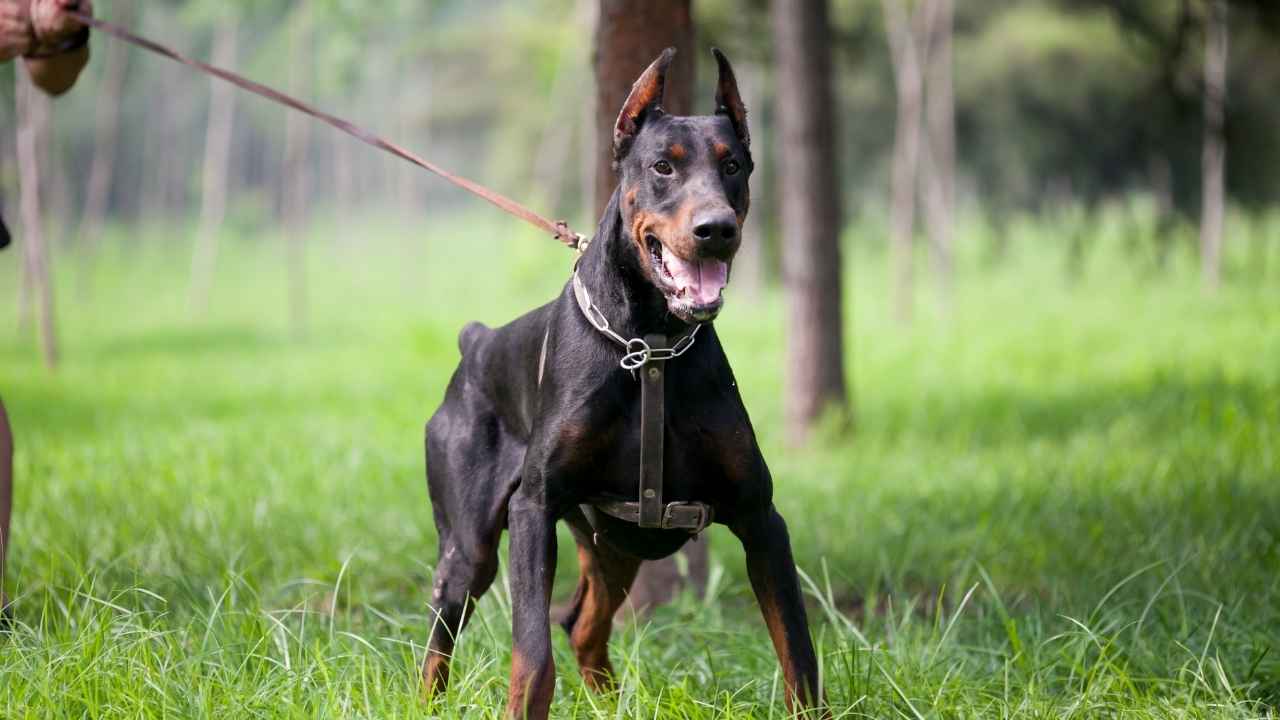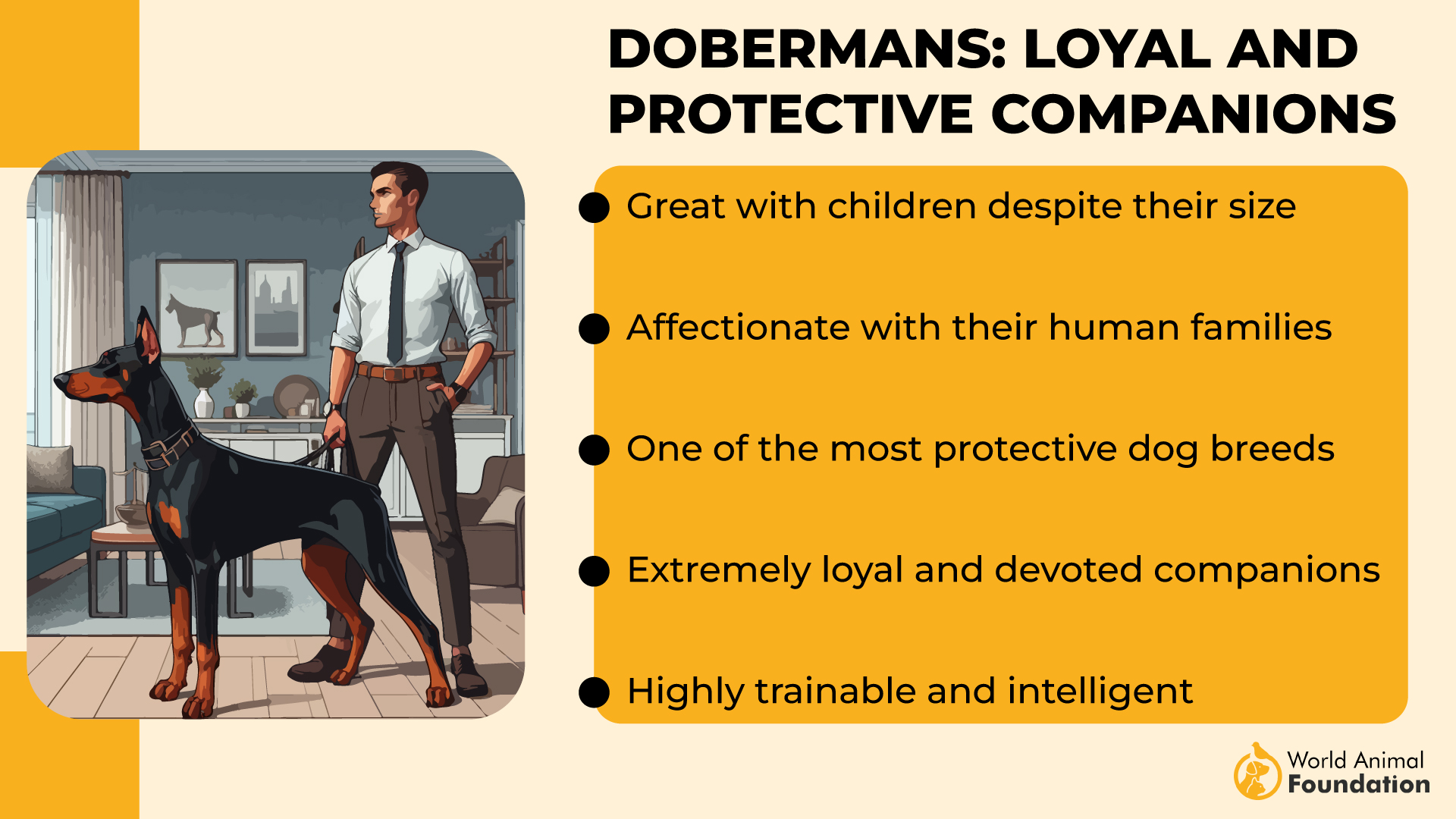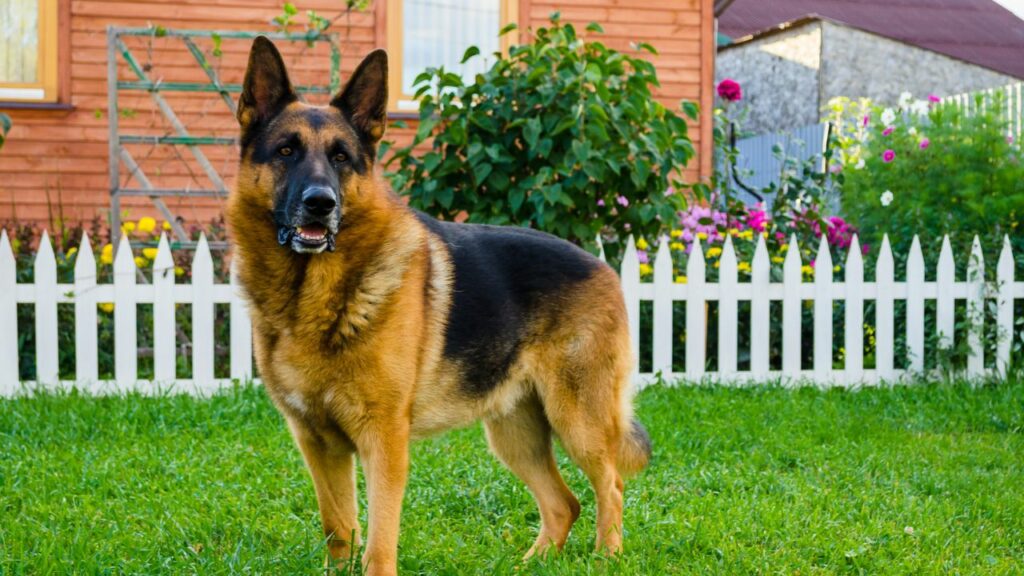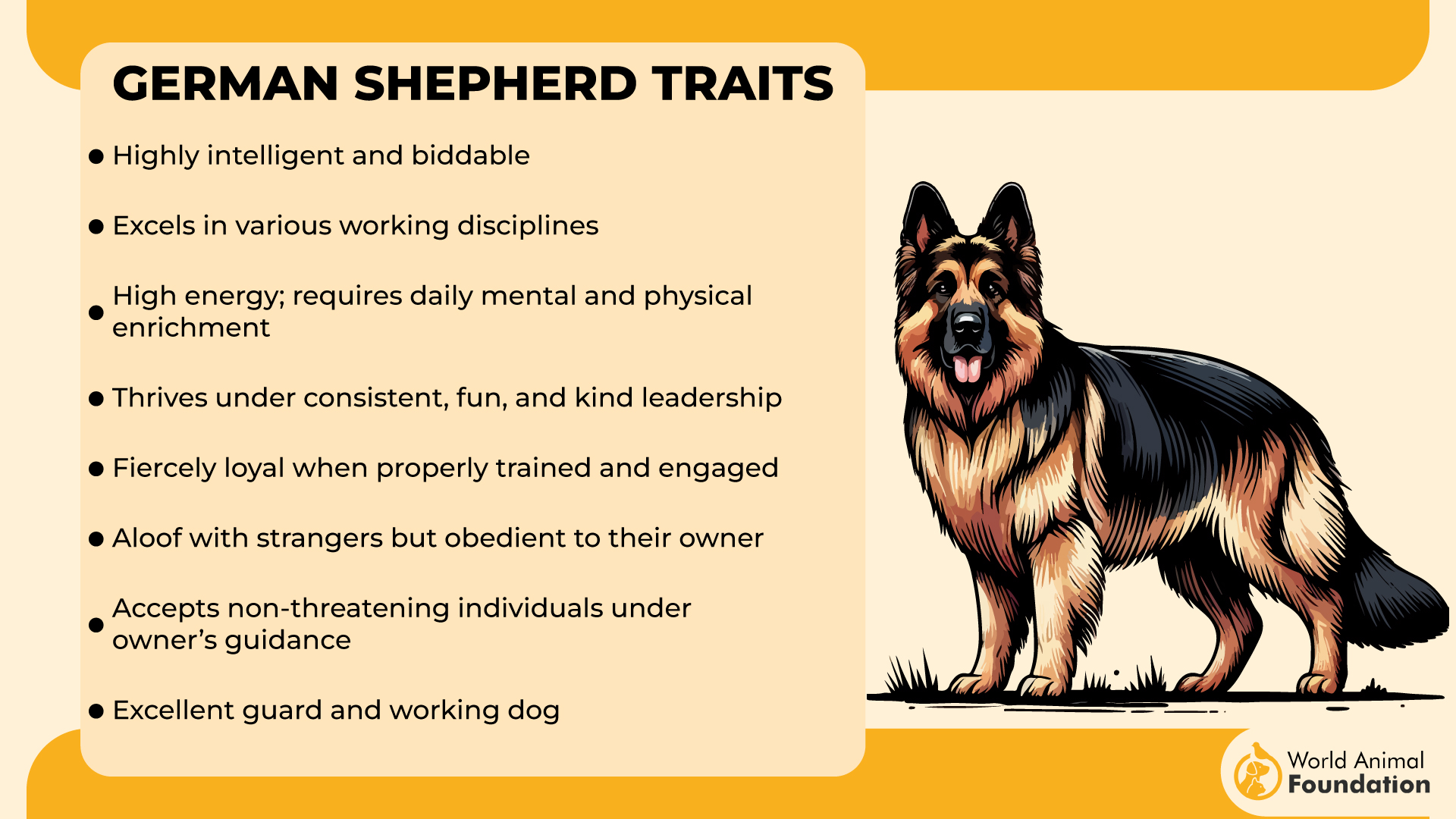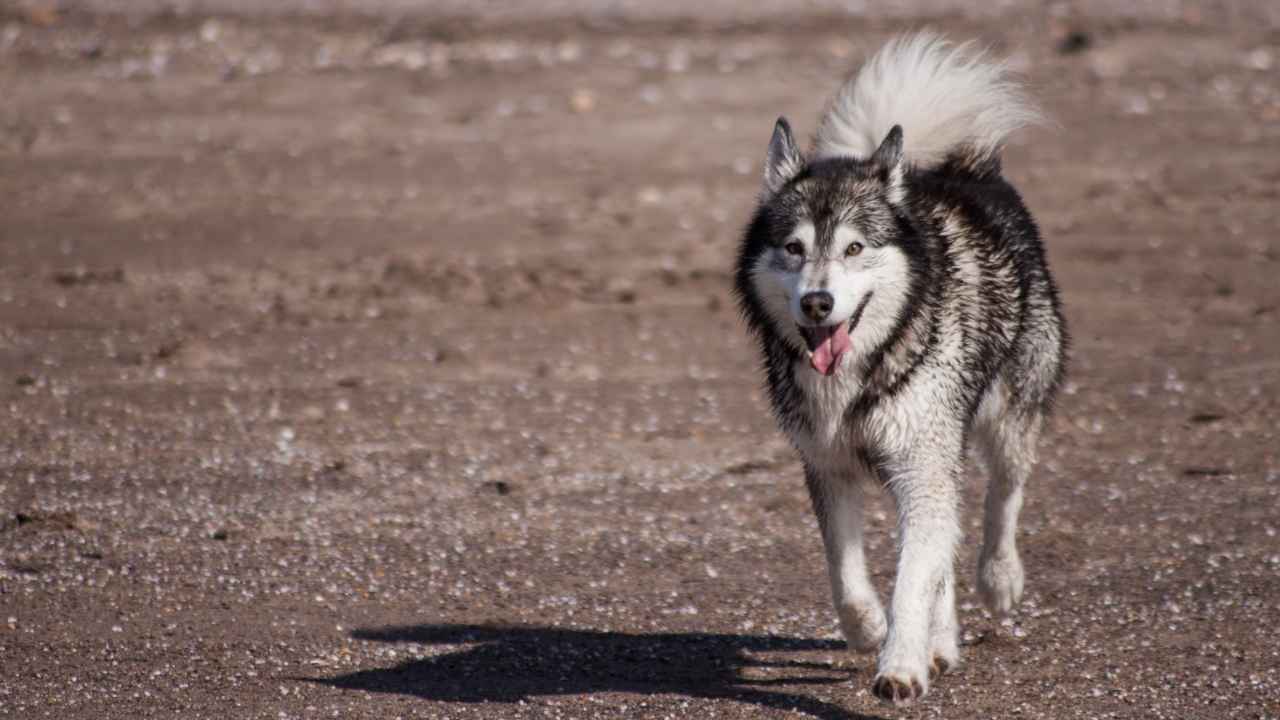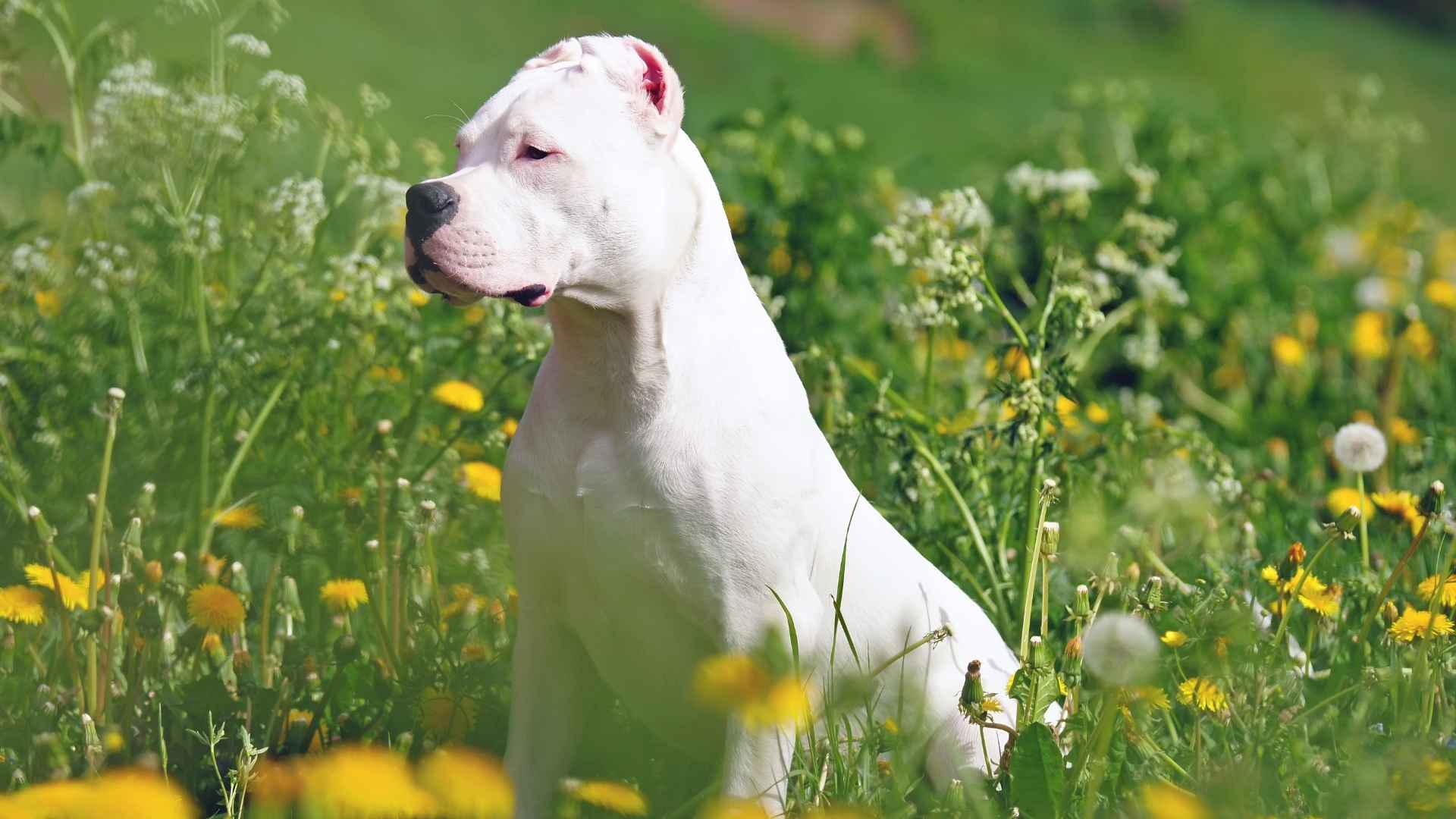When choosing a furry friend to welcome into your home, understanding breed-specific behaviors is crucial. Among the vast variety of dog breeds, some are known for their genetically influenced aggressive traits. While many dogs are loving companions, certain breeds require more responsible ownership and understanding of their natural instincts. “7 Genetically Aggressive Dog Breeds” explores these breeds with a focus on education rather than fear, aiming to provide insight into their needs, behaviors, and the responsibilities required to ensure a harmonious relationship. By understanding these breeds, potential owners can make informed decisions and create a safe environment for both dog and owner.
When it comes to canine companions, some breeds come with an intense, raw energy that can make them both captivating and challenging. Genetically aggressive dog breeds are often misunderstood, and their innate traits are sometimes overshadowed by their loyal and protective nature. But is aggression truly a breed characteristic, or just a product of environment and upbringing?
Certain dog breeds have earned a reputation for being naturally aggressive. While this might stem from selective breeding for specific tasks like guarding or hunting, it’s crucial to remember that not all dogs of these breeds are dangerous. In fact, many of them are gentle giants with the right training.
Understanding the genetic predispositions of aggressive dog breeds is key for potential owners, trainers, and animal lovers. By exploring these genetic factors, we can provide the proper training, socialization, and environment to ensure these dogs are not only safe but thrive as loving companions. So, let’s get started!
Genetically Aggressive Dog Breeds
1. Pit Bull
The Pit Bull Terrier is often regarded as one of the most genetically aggressive dog breeds, primarily due to its history as a fighting dog. Known for its muscular build and strong prey drive, ASPCA says that the Pit Bull was specifically bred for generations to be aggressive. These tasks required immense strength, determination, and sometimes aggression.
However, the true nature of the Pit Bull is often misunderstood. When properly trained and socialized from a young age, many Pit Bulls grow into affectionate, loyal companions. They are deeply attached to their families, and their protective instincts can be remarkable.
While it’s true that Pit Bulls may have a higher propensity for aggression if improperly raised, with the right guidance and care, they can be loving, trustworthy pets, showing just how much their behavior depends on the environment and training.
2. Rottweiler
The Rottweiler, often seen as a symbol of strength and protection, carries a reputation for being an aggressive breed. Their natural instincts for protecting their home and family can sometimes come across as hostility. But this tough exterior masks a breed that’s deeply loyal and loving when raised in a nurturing environment.
Rottweilers have an incredible bond with their families. With the right training, they become gentle giants who are affectionate, playful, and fiercely devoted to their loved ones. These dogs may appear intimidating, but they are also known to be patient and loving with children, always ready to protect but never to harm without cause.
The key to understanding a Rottweiler lies in knowing that their genetic predisposition for aggression can be channeled into loyalty and protection. With proper care and socialization, a Rottweiler can transform from a tough guardian into a warm, loving companion.
3. Doberman Pinscher
Due to its history as a working guard dog, the Doberman Pinscher often carries a reputation for aggression. With their muscular build, keen instincts, and protective nature, Dobermans were originally bred to defend their owners. These traits can sometimes make them appear intimidating, but this is far from the whole picture.
In reality, Dobermans are highly intelligent and trainable dogs. Although they are a little more aggressive, they are fiercely loyal too. Their loyalty and desire to please their owners make them exceptional companions, as long as they are provided with mental stimulation and guidance.
While they have certain aggressive tendencies genetically, it is the care, training, and love they receive that shapes them into the loving, devoted companions they can be. Dobermans remind us that even the most fiercely protective breeds have a gentle heart when given the chance.
4. German Shepherds
German Shepherds are labeled as genetically aggressive due to their strong protective instincts and history as working dogs in roles like police, military, and search-and-rescue. Their natural alertness and vigilance can sometimes be mistaken for aggression too, especially when they feel the need to protect their family or territory.
Beneath their tough exterior lies a breed known for its remarkable intelligence and versatility. German Shepherds are not only loyal and trainable but also highly adaptable. They excel in a variety of roles, from service dogs to active family pets. Their energy and enthusiasm for work make them both great companions and skilled workers.
What truly sets German Shepherds apart is their unique blend of independence and loyalty. While they are capable of making decisions on their own, their bond with their family is unshakeable. They need proper training and socialization to prevent aggressive behavior.
5. Alaskan Malamute
Omlet states that this breed can be aggressive if not socialized properly. These dogs assert dominance, especially when they sense a threat to their pack. Their independent and territorial nature can sometimes translate into aggressive behavior, especially if not properly socialized from a young age.
Unlike more obedient breeds, the Malamute’s stubborn streak is part of their genetic makeup. This independence, combined with their protective instincts, can lead to challenges in training and control, particularly when faced with unfamiliar people or animals. Their size and strength only amplify their potential for aggressive tendencies if not managed carefully.
Despite their majestic appearance, Alaskan Malamutes can exhibit dominance and territorial aggression if they feel their space or family is threatened. They require experienced owners who understand the breed’s powerful instincts and know how to channel their energy properly, ensuring they grow into well-behaved companions rather than unpredictable, aggressive dogs.
6. Dogo Argentino
The Dogo Argentino is a genetically aggressive breed due to its history as a big-game hunter. This dog was built with courage, strength, and a relentless drive to hunt wild boar, which required a fearless and assertive nature. Their strong instincts for dominance and protection can sometimes translate into aggressive behavior, particularly in unfamiliar situations or when they feel their family is threatened.
The Dogo Argentino thrives on structure and discipline. With proper training and early socialization, their protective instincts can be channeled into loyalty and affection. These dogs form strong bonds with their owners and are particularly loving with their families when they feel secure and connected.
What sets the Dogo Argentino apart is the unique mix of power and tenderness they carry. They may have the potential for aggression, but with the right training and intense socialization, as mentioned by AKC, their loyalty and loving nature shine through. In the right hands, they are not just fierce guardians—they are also sensitive and caring companions.
7. Presa Canario
Because of its imposing size and protective instincts, the Presa Canario is identified as an aggressive breed. The Presa Canario’s strength and territorial nature can sometimes manifest as aggression, especially if they perceive a threat to their family.
While the Presa Canario is known for its fierce protectiveness, it also has a calm, stoic side. These dogs are incredibly confident and calm in the face of danger, making them excellent guard dogs for homes and properties. However, this breed requires an experienced owner who can provide structure and purpose, channeling its protective nature into safe behaviors.
While their protective instincts make them fierce, they are also deeply loyal to their families. Once trust is built, they show immense love and devotion to their owners. With the right guidance, this breed channels its power into being a gentle, reliable companion who will always protect those they love.
Conclusion
Genetically aggressive dog breeds have long been a subject of debate among pet owners and canine experts. Certain dog breeds, such as pit bulls, rottweilers, Doberman pinschers, and some other dogs were originally bred for specific purposes, including guarding, hunting, and even dog fighting. Due to selective breeding, these breeds may exhibit more aggressive tendencies and territorial behavior compared to other breeds.
However, dog aggression risk varies widely, even among the same breed, as individual dogs have different temperaments. Proper socialization, obedience training, and early socialization play a crucial role in ensuring that these dogs can become wonderful pets and good family pets.
Despite their naturally aggressive tendencies, many aggressive dog breeds can be safely integrated into households with proper training and socialization. Experienced trainers and responsible pet parents understand the importance of mental stimulation and behavioral traits when raising these dogs. While larger dogs may have a more significant physical impact if they exhibit aggression, even smaller dog breeds with high prey drives can show aggressive behavior toward other animals and unfamiliar animals. The key to reducing aggression lies in providing early training, positive reinforcement, and a structured environment that allows the dog to develop a balanced canine temperament.
Ultimately, genetically aggressive dog breeds are not inherently dangerous dogs, but rather, their behavior depends on how they are raised, trained, and socialized. Responsible pet ownership, proper socialization, and understanding the specific breeds’ needs are essential in preventing aggressive behavior. While certain breeds may have been selectively bred for guarding or hunting, many can still become loving human companions and protective yet affectionate family members.
When discussing genetically aggressive dog breeds, it is essential to approach the subject with a nuanced understanding. Breeds such as Rottweilers, Pit Bulls, and Doberman Pinschers may have reputations for aggression, but it’s crucial to remember that behavior is influenced by a combination of genetics, environment, and training. Responsible ownership, including socialization and positive reinforcement, can significantly mitigate aggressive tendencies. While certain breeds may pose specific challenges, it’s vital to appreciate each dog’s individuality and potential for gentle companionship. By fostering responsible breeding and ownership practices, we can ensure that these dogs thrive as beloved members of our families.

